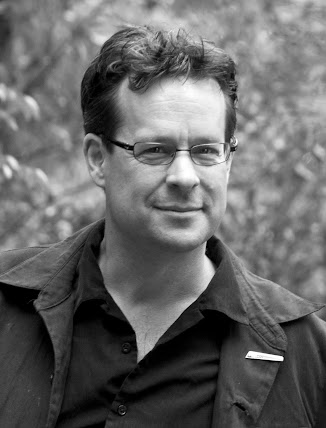Robert Hogg was born in Edmonton, Alberta, grew up in the Cariboo and Fraser Valley in British Columbia, and attended UBC during the early Sixties where he was associated with the Vancouver TISH poets, co-edited
MOTION - a prose newsletter, and graduated with a BA in English and Creative Writing. In 1964 he hitchhiked east to Toronto, then visited Buffalo NY where Charles Olson was teaching. After spending a few months in NYC, Bob entered the graduate program at the State University of NY at Buffalo, completed a PhD on Olson under Robert Creeley, and took a job teaching American and Canadian Poetry at Carleton University in Ottawa for the next 38 years. His books include:
The Connexions, Berkeley: Oyez, 1966;
Standing Back, Toronto: Coach House, 1972;
Of Light, Toronto: Coach House, 1978;
Heat Lightning, Windsor: Black Moss, 1986;
There Is No Falling, Toronto: ECW,1993; and as editor, An English Canadian Poetics, The Confederation Poets – Vol. 1, Vancouver: Talonbooks, 2009. He recently published five chapbooks:
from LAMENTATIONS, Ottawa: above/ground, 2016;
two Cariboo poems, Ranch Days – The McIntosh from hawk/weed press in Kemptville, ON;
Ranch Days—for Ed Dorn from battleaxe press (Ottawa 2019) ;
A Quiet Affair – Vancouver ’63 (Trainwreck 2021) and
From Each Forthcoming (above/ground, 2021). In April 2019 Hogg edited a Canadian Poetry issue of
The Café Review in Portland, ME. His poems have appeared in over seventy periodicals, most recently:
Pamenar Online;
Empty Mirror;
The Café Review;
Dispatches;
Arc;
Some;
BlazeVox Online Journal,
The Typescript,
Caesura,
Ottawater 16,
Sulfur Surrealist Jungle,
Touch the Donkey and forthcoming issues of
Periodicities,
Bandoneon, and
Taint Taint Taint. Books currently in the works for publication include:
Lamentations;
The Cariboo Poems;
Postcards, from America;
Amber Alert;
Not to Call It Chaos – The Vancouver Poems;
Oh Yeah—More Poems; and
The Offending Temple. In progress are
Furtherings and
Ill Parodies – O, a selection of satires on various Shibboleths and current affairs. In Spring 2021 new chapbook will be released form above/ground called
From Each Forthcoming. Now retired, Hogg continues to write at his organic farm in Mountain thirty-five miles south of Ottawa.
Statement:
Some years ago I wrote in a poem, “One listens. Poetry speaks--a recognizable language, never predictable, but sometimes, a familiar voice.”
How did you first engage with poetry?
I first engaged with poetry quite literally on my father’s knee. He was not the most attentive of fathers, but he did love poetry, particularly Victorian poetry, and Shakespeare, much of which he could recite. He enjoyed reading aloud to me when I was young and before I could read for myself, and so I heard poetry read, not by a poet, thankfully, nor by an actor, again thankfully, but by someone with an ear for the sound of beauty. As for writing poetry, I composed my first poem at the age of nine which, thankfully, has not survived. But I recall typing it up on my mother’s typewriter after having written, or perhaps printed, it out by hand. If I recall rightly, it was several rhyming quatrains, and spoke to a green landscape and a Romantic appreciation of nature. I don’t recall reading any poetry in grade school in Edmonton Alberta, nor later in BC. But by the time I was in High School, traditional poetry was part of the curriculum. In my final year I read a good deal in an anthology then current which covered writing from the Renaissance to the present. We actually read some poems by Earle Birney in that class, and that was the first I knew that there might be a famous local poet or poetry. By then I was also beginning to read the Beats which I discovered on my own, and with the help of Frank Davey who introduced me to Gregory Corso’s Gasoline, Robert Duncan’s Selected Poems, and Allen Ginsberg’s Howl—all from City Lights. So, by the time I arrived at UBC I was already crazy enough to want to both read and write more poetry.










